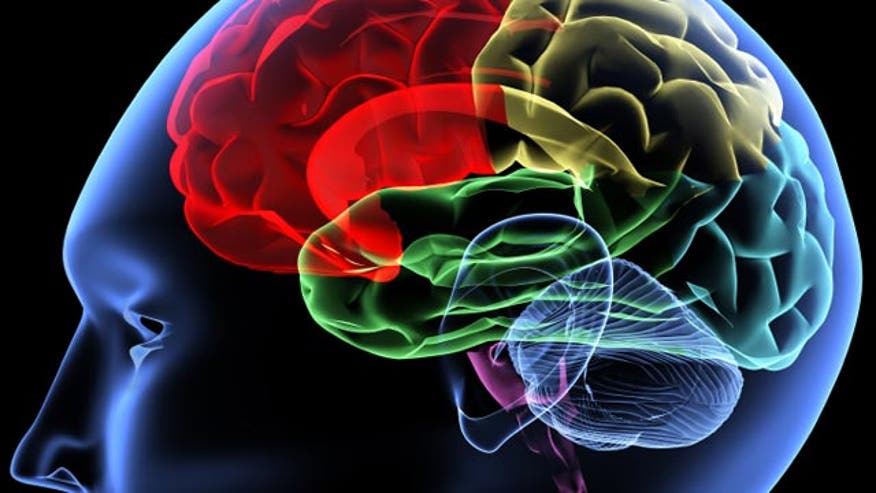
Erik Sorto was shot in the back 13 years ago and paralyzed from the neck down. Yet recently the father of two lifted a bottle of beer to his lips and gave himself a drink, even though he can’t move his arms or legs.
Mr. Sorto, 34, picked up his drink with a robotic arm controlled by his thoughts. Two silicon chips in his brain read his intentions and channeled them via wires to the prosthetic arm on a nearby table. The team that developed the experimental implant, led by researchers at the California Institute of Technology, reported their work Thursday in the journal Science.
“That was amazing,” Mr. Sorto said. “I was waiting for that for 13 years, to drink a beer by myself.”
Mr. Sorto’s neural implant is the latest in a series of prosthetic devices that promise one day to restore smooth, almost natural movement to those who have lost the use of their limbs through disease or injury, by tapping directly into the signals generated by the brain.
For years, laboratories at Brown University, Duke University and Caltech, among others, have experimented with brain-controlled prosthetics. Those devices include wireless implants able to relay rudimentary mental commands, mind-controlled robotic leg braces, and sensors that add a sense of touch to robotic hands. In 2012, University of Pittsburgh researchers demonstrated a brain implant that allowed a paralyzed woman to feed herself a chocolate bar using a robot arm.
The Applied Physics Laboratory at Johns Hopkins University in Maryland built Mr. Sorto’s robotic arm, and the neural chips used to read his intentions were developed at the University of Utah. He learned to use the brain implant at the Rancho Los Amigos National Rehabilitation Center in Downey, Calif.
While encouraging, progress in linking humans and machines is limited so far to laboratory animals and a handful of human volunteers. Clinical applications may be a decade or more away, experts said.
(Source by: FOX NEWS)
No comments:
Post a Comment